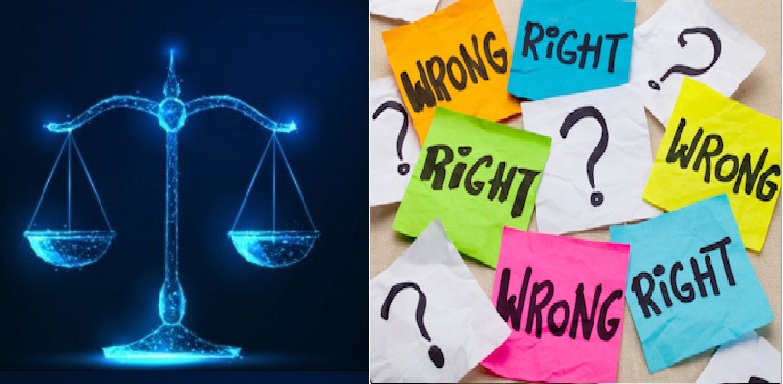|
Getting your Trinity Audio player ready...
|

India has a diverse culture, which creates snags. Since the existence of diversity is to such a grave extent in our country, the occurrence of conflicts cannot be a matter of surprise when it comes to laws other than the basic difference between statutory and procedural laws.
When we think of what is “constitutional,” we tend to think of the law and justice. But what exactly do these “laws” say? What makes them legal?
Much of today’s law can be traced back to the Constitution, which was adopted on November 26th, 1949 by a group of lawyers who were also politicians. It’s important to understand how this document helped shape much of our current system and laws, but it’s also vital to grasp the legality of social morality. Constitutional legality is something that we hard-headedly cling to—it’s a fundamental part of upholding democracy. But our Constitution was written for one purpose and one purpose only: to protect the people from a tyrannical government. It does not have anything to say about social morality or how society should run its affairs without any interference from the above.
When we think of what is "constitutional," we tend to think of the law and justice. But what exactly do these "laws" say? What makes them legal?
According to sociological jurisprudence, the law must evolve to meet the needs of society. Many states have developed new legal principles based on that definition, some of which are linked to morality and others which are not. Modern society, on the other hand, fosters culture through the rule of law.
During the pre-Independence era, the caste system was one of the important factors in society. Inter-caste marriages were considered to be unethical, but according to the Constitutional Morality, it is said that this is not the value system. As a result, it must be dropped to accept citizen equality, as stated in Articles 14 and 15 of the constitution. This is an example of how the deliberation of critical analysis with reason happens. Social morality does not always apply to reasons; it applies to convictions, customs, and traditions as they have been passed down for ages.
As a result, morality has some bearing on the law. Sometimes it has to be ignored if it is an impediment to progressive law in the analysis of moral matters. For example, in a landmark judgment, INDIAN YOUNG LAWYER ASSOCIATION & ORS. VS. STATE OF KERALA & ORS. The court delivered its verdict in this case by a 4:1 majority, which held that the practice violated the fundamental rights to equality, liberty, and freedom of religion, Articles 14, 15, 19(1), 21, and 25(1). It struck down Rule 3(b) of the Kerala Hindu Places of Public Worship Act as unconstitutional. Rule 3(b) permitted Hindu denominations to exclude women from public places of worship based on custom. The apex court has allowed entry of women of all age groups to the Sabarimala Temple and held that “devotion cannot be subjected to gender discrimination”.
Individuals' basic needs should not be harmed by any form of legal law, as it is a tool for efficiently enforcing moral values.
While there are religious and moral objections to this, the court upheld a long-standing legal status for social change. As a result, it is clear that the relationship between law and morality is complex, but it is nevertheless an essential feature of law. Aristotle writes, “He is the most intelligent animal in the world when separated by law and justice,” but man is the worst animal in the world when separated by law and justice. Consequently, whether or not it applies to morals, the rule must be for full justice.
Human behaviour is regulated by moral values or man-made law in either case. They should be progressive and possess the ability to distinguish between right and wrong. Individuals’ basic needs should not be harmed by any form of legal law, as it is a tool for efficiently enforcing moral values. While morality is an internal concept, the law is external. There will be no consequences if someone does not act morally; however, there will be consequences if someone violates the law. This is a question as morality is unarguably undefined. Not only does it vary from society to society, but it also varies from individual to individual, and then legality has to step into morality.
(The author is a UDAAN fellow from the Indian Institute of Democratic Leadership, Pune. Views and opinions expressed are the author’s own)
